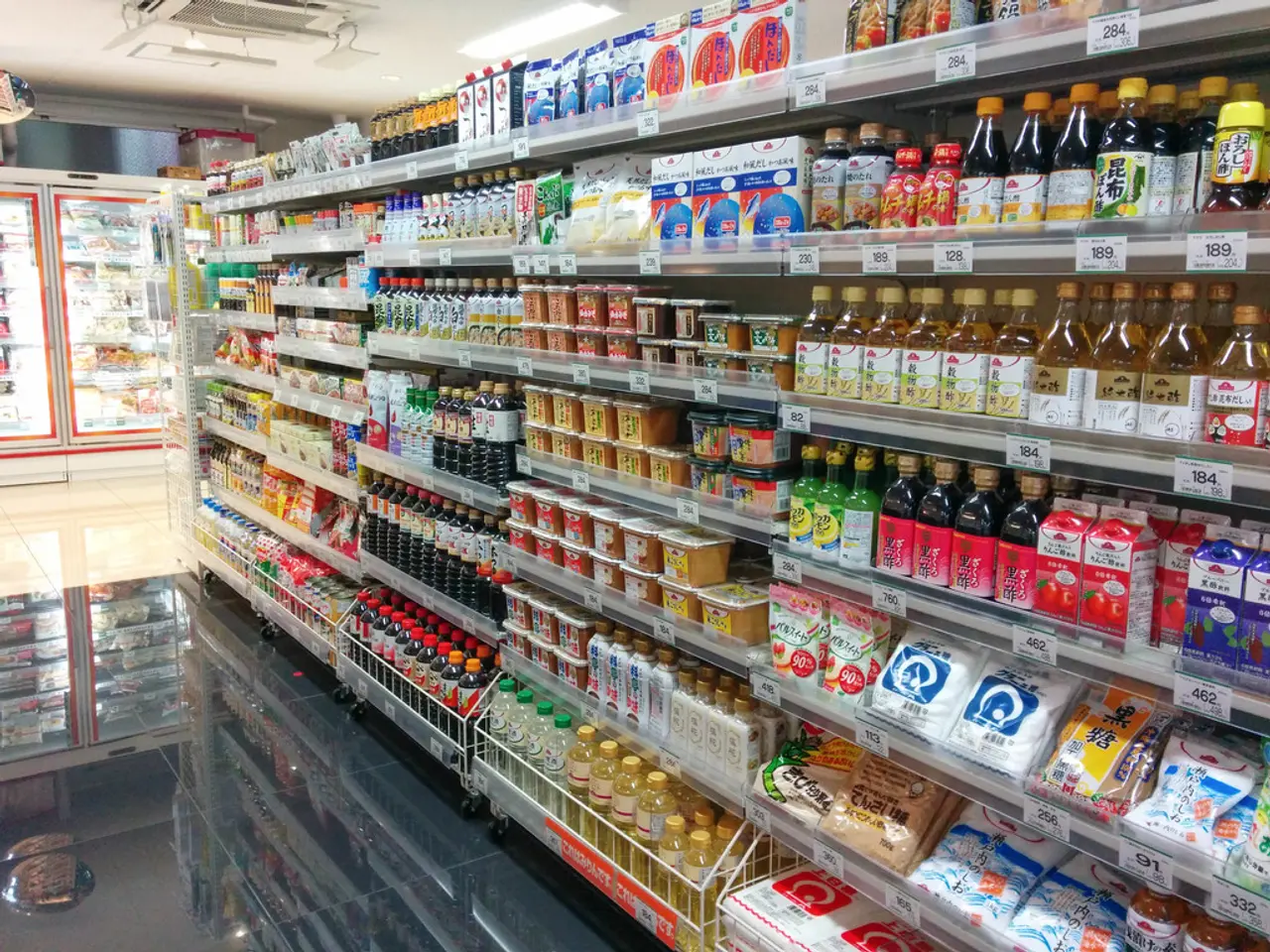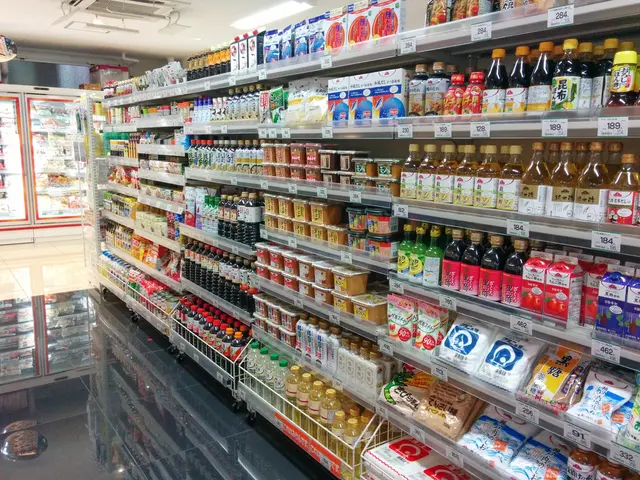South Korean stock market surges by more than 1.6%, propelled by optimism surrounding potential interest rate reductions by the U.S. Federal Reserve.
South Korean Stocks Soar on Tech and Finance Sector Strength
South Korean stocks closed sharply higher on Tuesday, with the KOSPI index rising by 1.6% to 3,198.00. This surge was primarily due to sustained strength in the technology and finance sectors, supported by ongoing demand for AI-related technology and positive corporate governance reforms.
The tech sector, in particular, led the gains, with tech stocks, especially firms linked to AI demand, experiencing significant rises. Notable examples include Samsung and SK Hynix, which climbed over 3%. This growth occurred despite ongoing inflationary pressures, with the Consumer Price Index (CPI) data showing a 2.1% year-over-year increase for July.
The finance sector also advanced substantially year-to-date. Key contributors to this rise include the state-run Korea Electric Power Corp., which increased by 2.15%, and KB Financial and Shinhan Financial, which surged by 3.69% and 3.19% respectively.
Improved investor sentiment from corporate governance reforms also played a significant role in the market's performance. Government efforts have helped reduce the "Korea discount" (the valuation gap compared to global peers) below 30%, encouraging more foreign investment inflows.
Other positive economic indicators and export growth have further boosted market confidence. The Conference Board's Leading Economic Index (LEI) for South Korea rose notably in June, boosted by stock price improvements, export strength, and favorable inventory metrics. This signals solid growth prospects.
The market did experience a temporary shock due to new tax proposals earlier in August, causing a sharp market drop and reduced consumer spending power. However, the market quickly rebounded, especially in sectors less affected by such policy uncertainties.
Notable gains were seen in SK Biopharm, which skyrocketed by 15.92% to 111,400 won, and Samsung Electronics, which closed 0.29% higher. Other companies that experienced significant growth include HD Korea Shipbuilding, LG Energy Solution, Hanwha Ocean, Samsung SDI, and Hanwha Aerospace.
Trade volume was 270.8 million shares worth 10.9 trillion won. Winners outnumbered losers 684 to 190 in the KOSPI. Foreigners and institutions net purchased 291.9 billion won and 94.5 billion won worth of local shares, respectively.
An analyst at Daishin Securities stated that the Fed's situation is different now, while an analyst at Shinhan Securities mentioned that investor sentiment was improved by news reports about the ruling bloc reconsidering a tax revision.
The local currency weakened by 3.1 won against the US dollar. Despite the ongoing economic challenges, the robust gains in key sectors, underpinned by macroeconomic stability, favorable policy reforms improving investor outlook, and solid export performance, indicate a positive outlook for the South Korean stock market.
The tech industry, fueled by ongoing demand for AI-related technology, contributed significantly to the surge in South Korean stocks, as companies like Samsung and SK Hynix experienced considerable growth. Similarly, the finance sector also advanced, with key contributors such as Korea Electric Power Corp., KB Financial, and Shinhan Financial experiencing substantial rises. These gains were aided by positive corporate governance reforms, reducing the "Korea discount" and encouraging foreign investment inflows.





